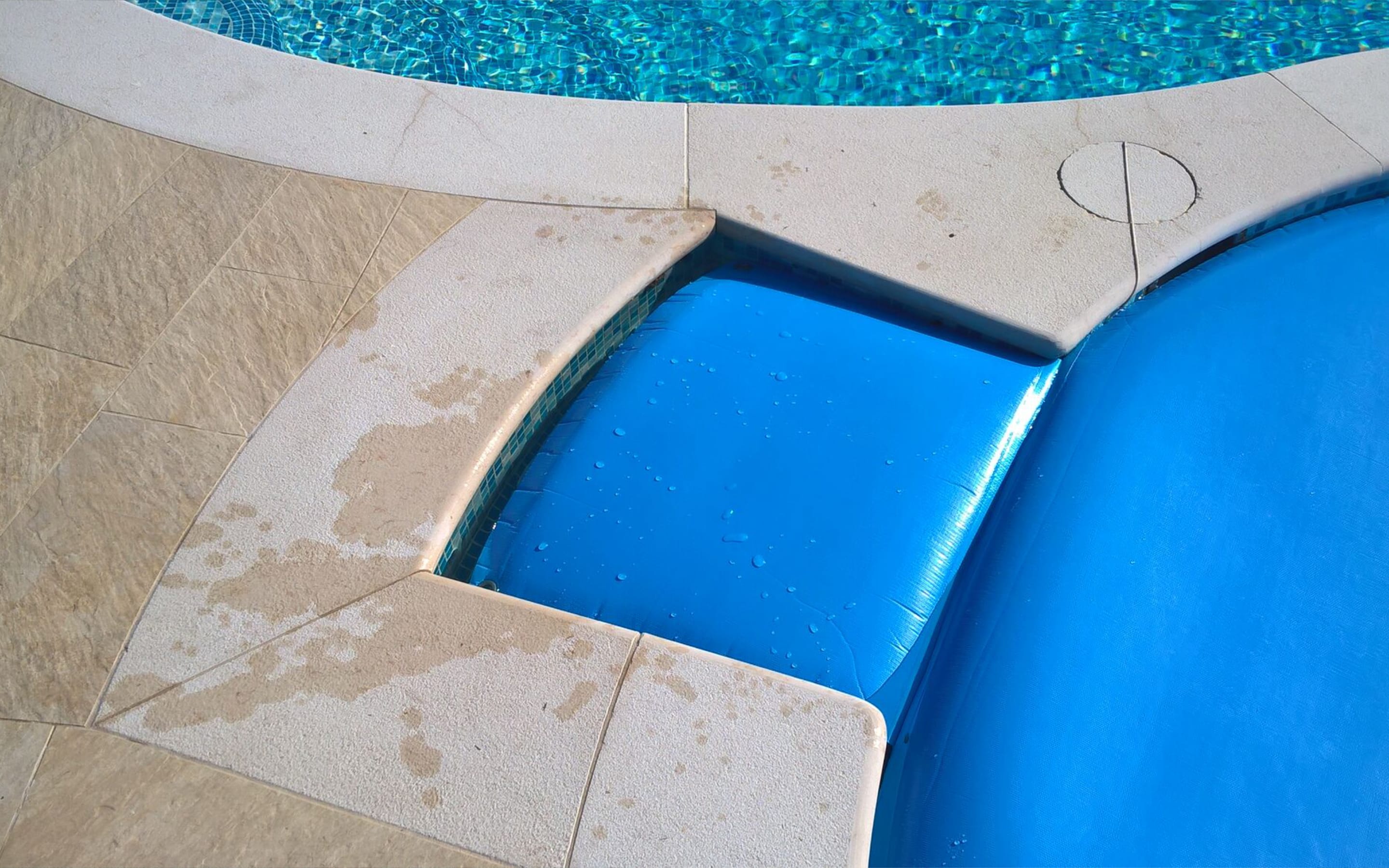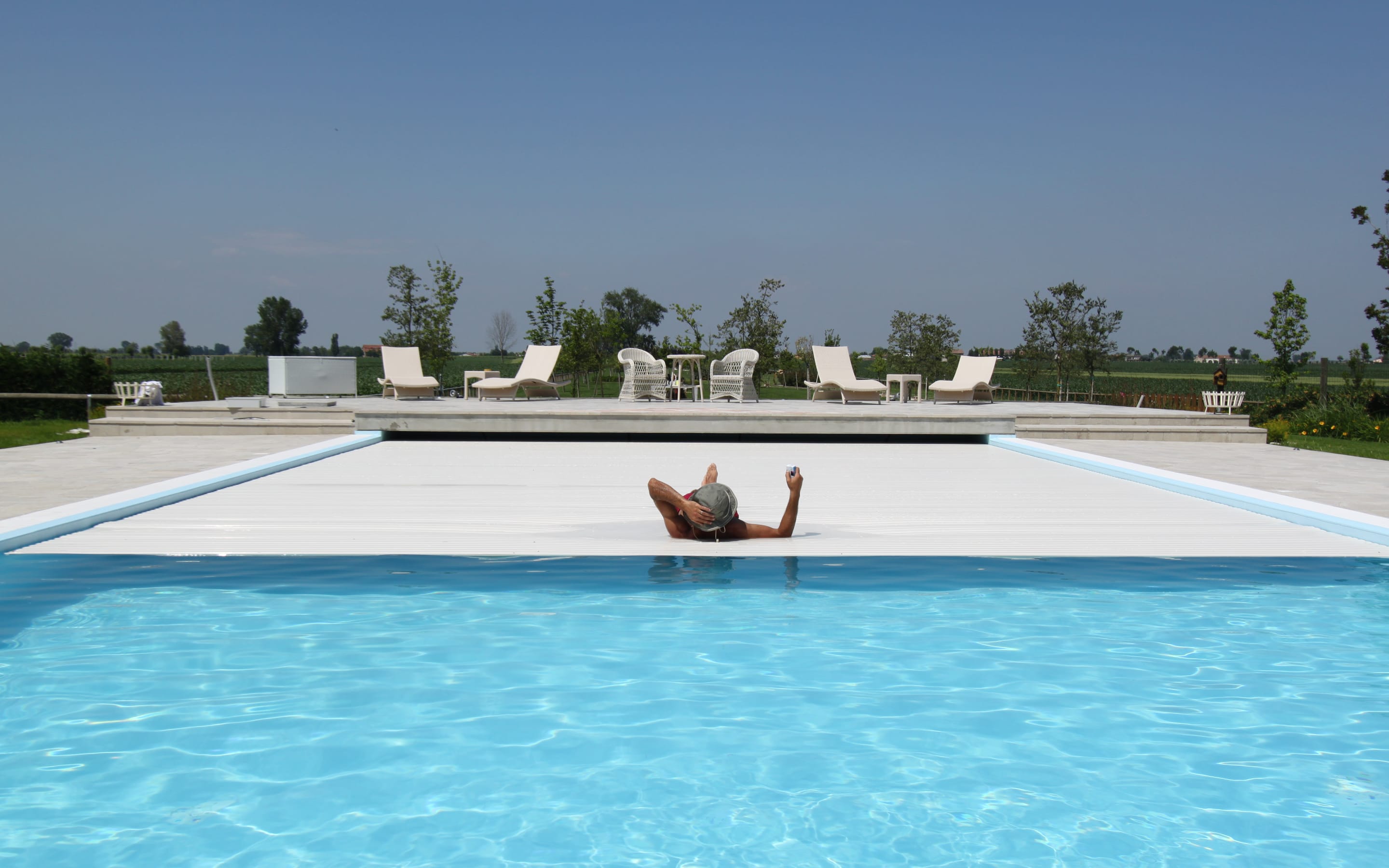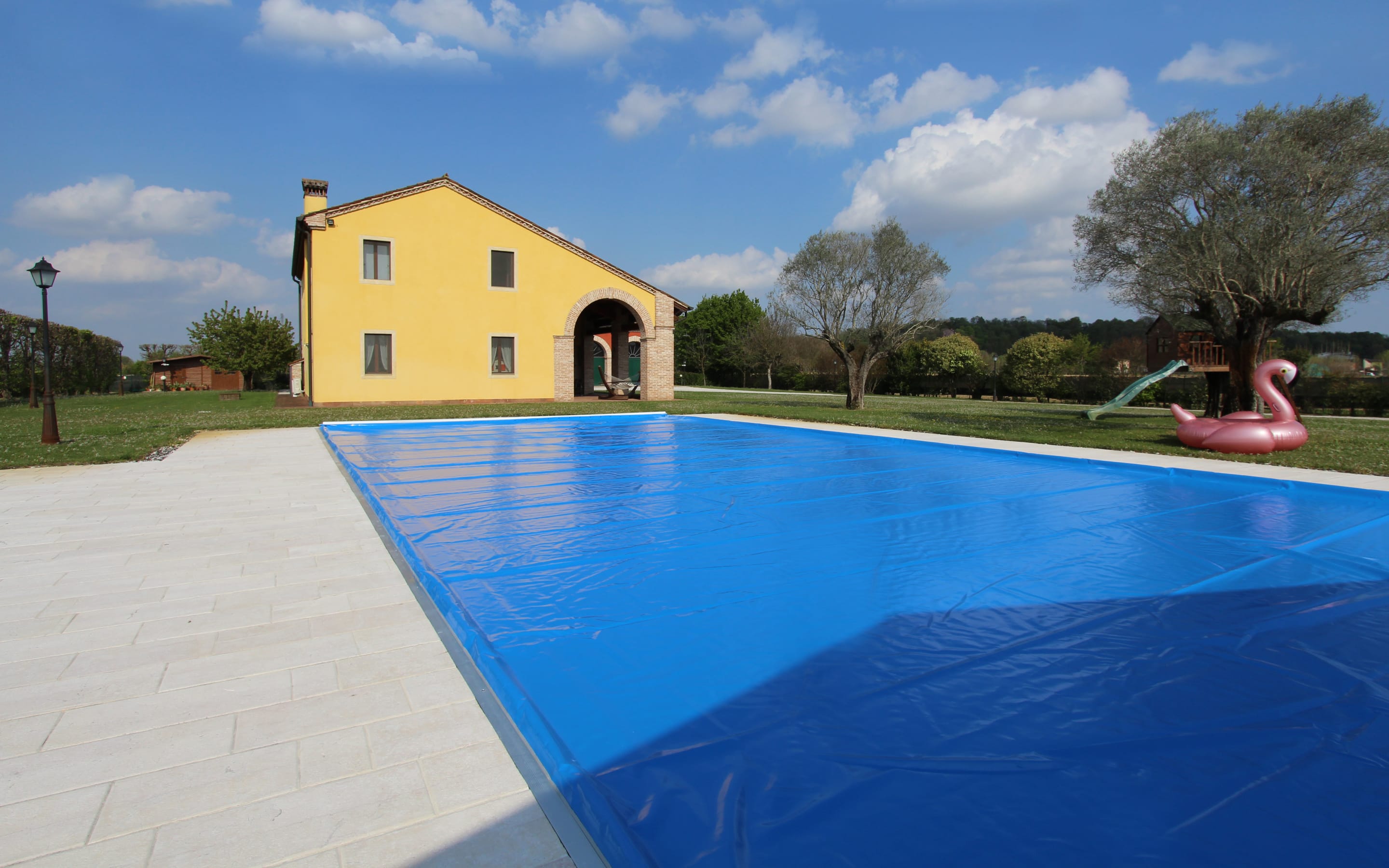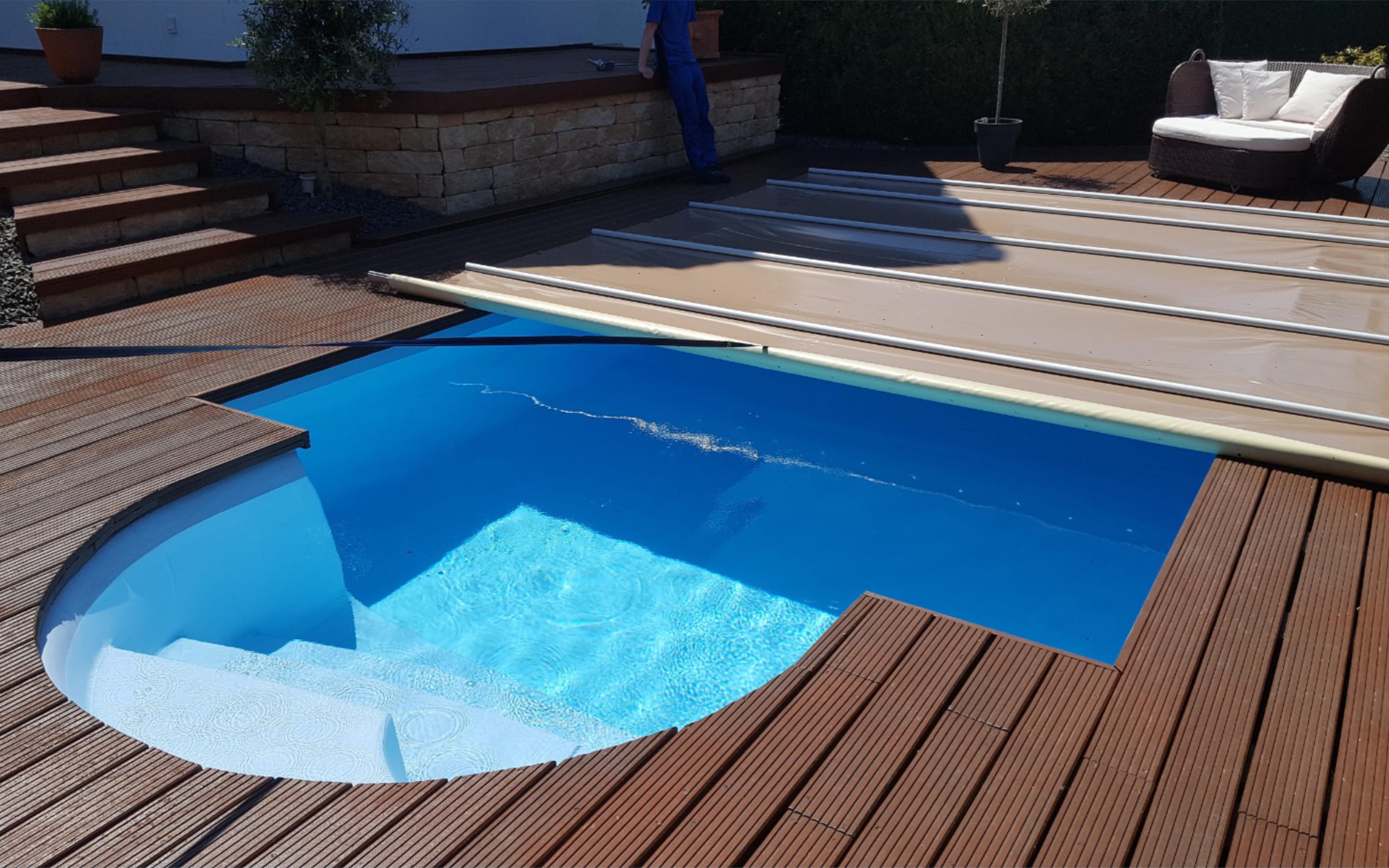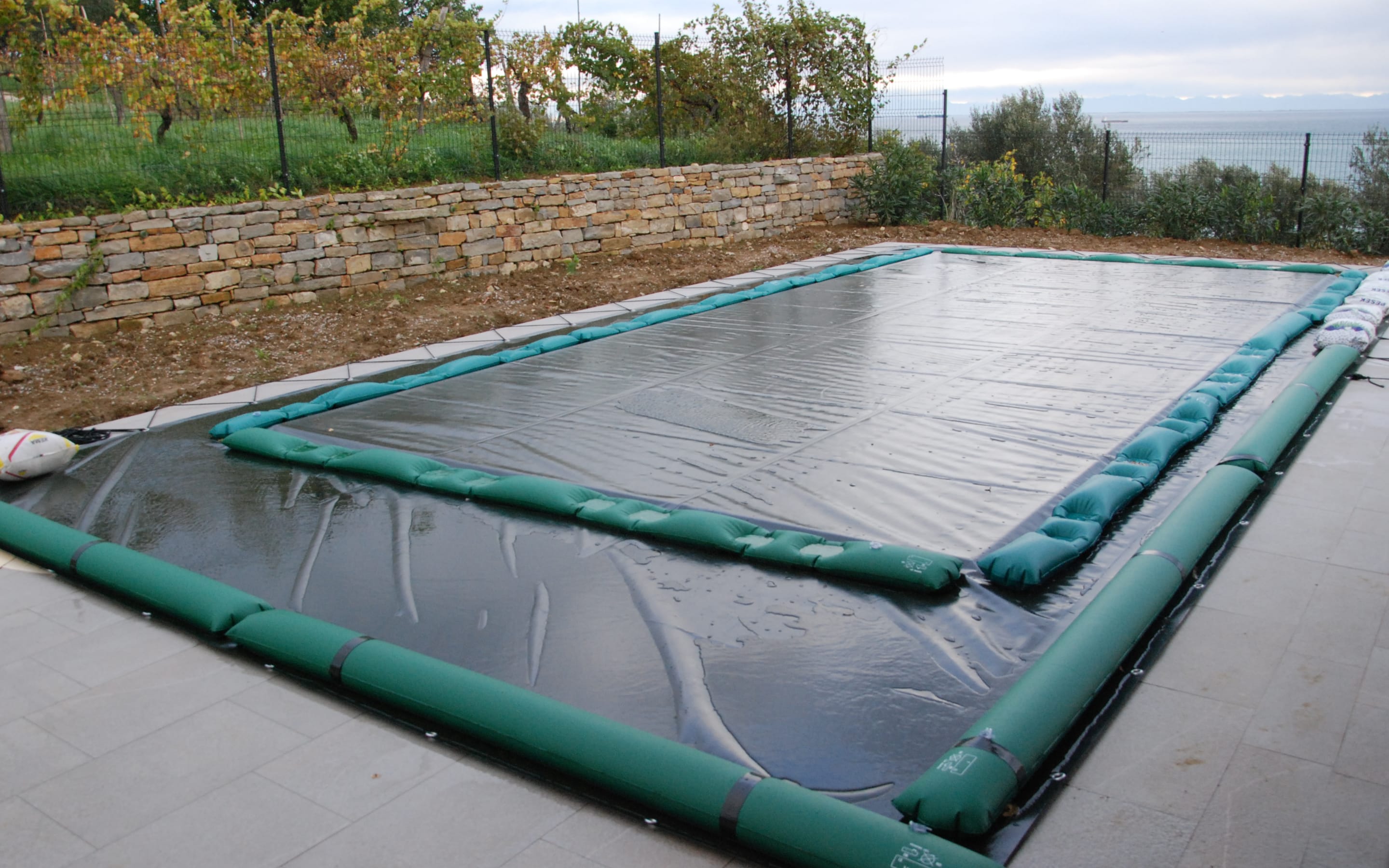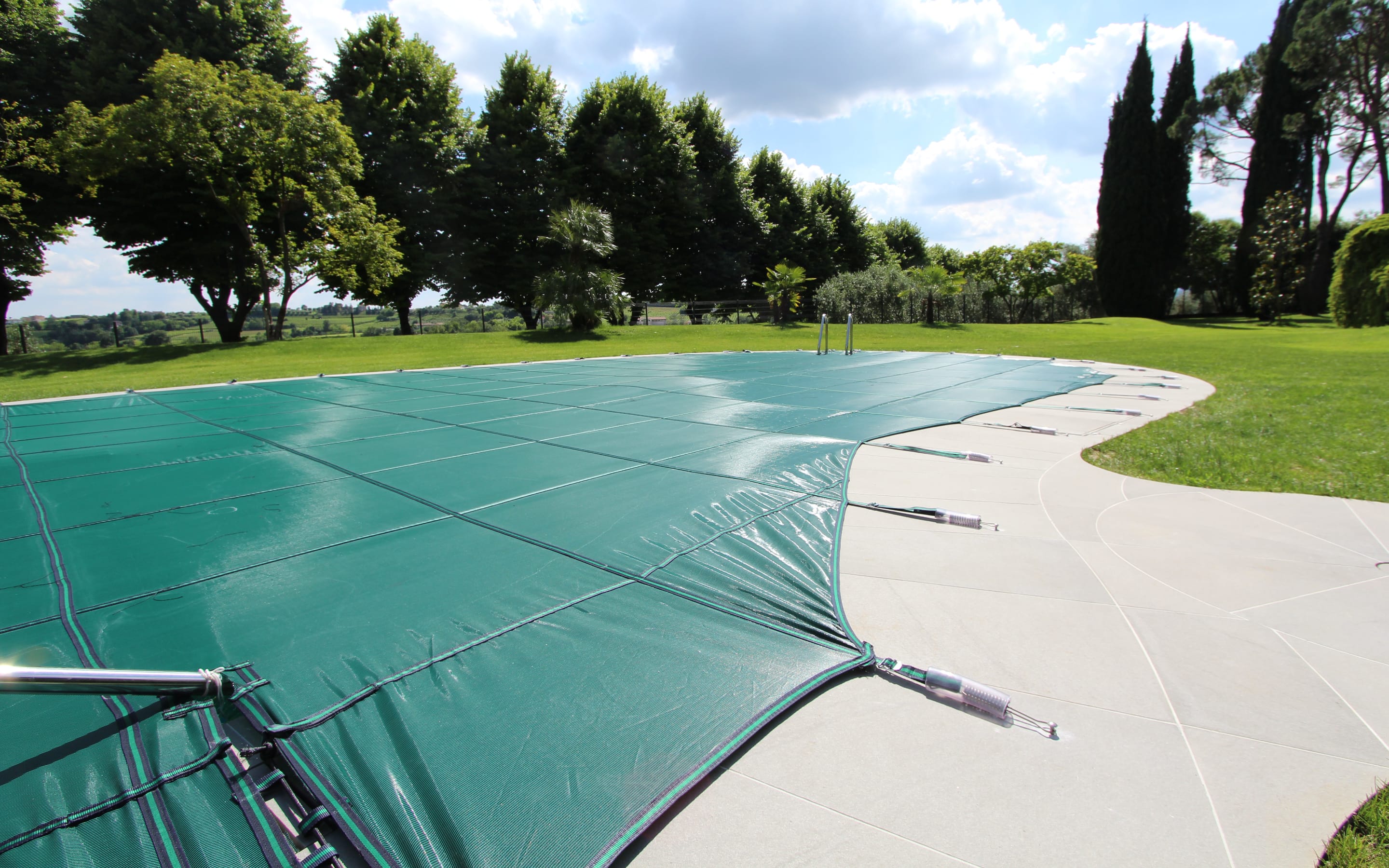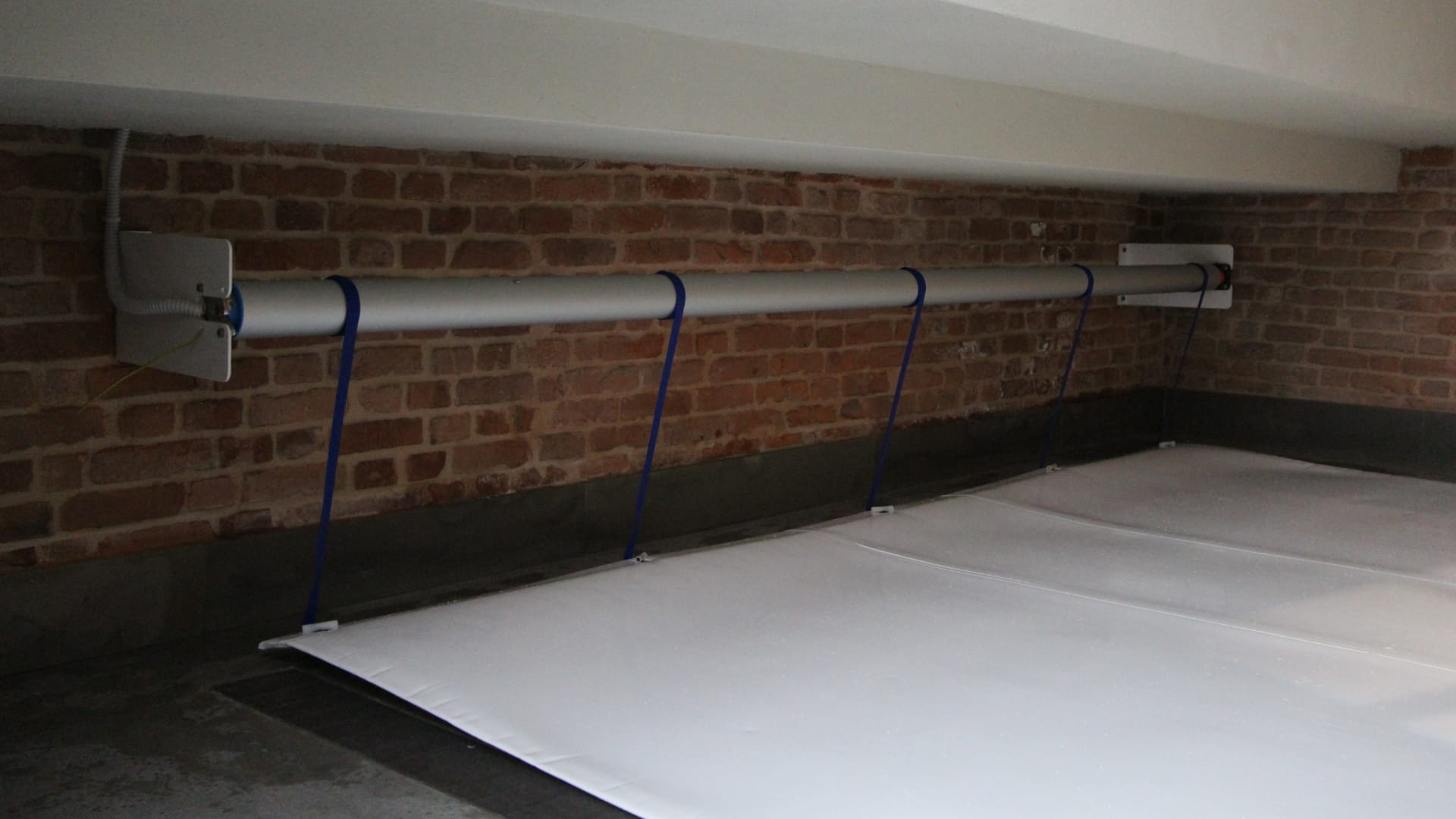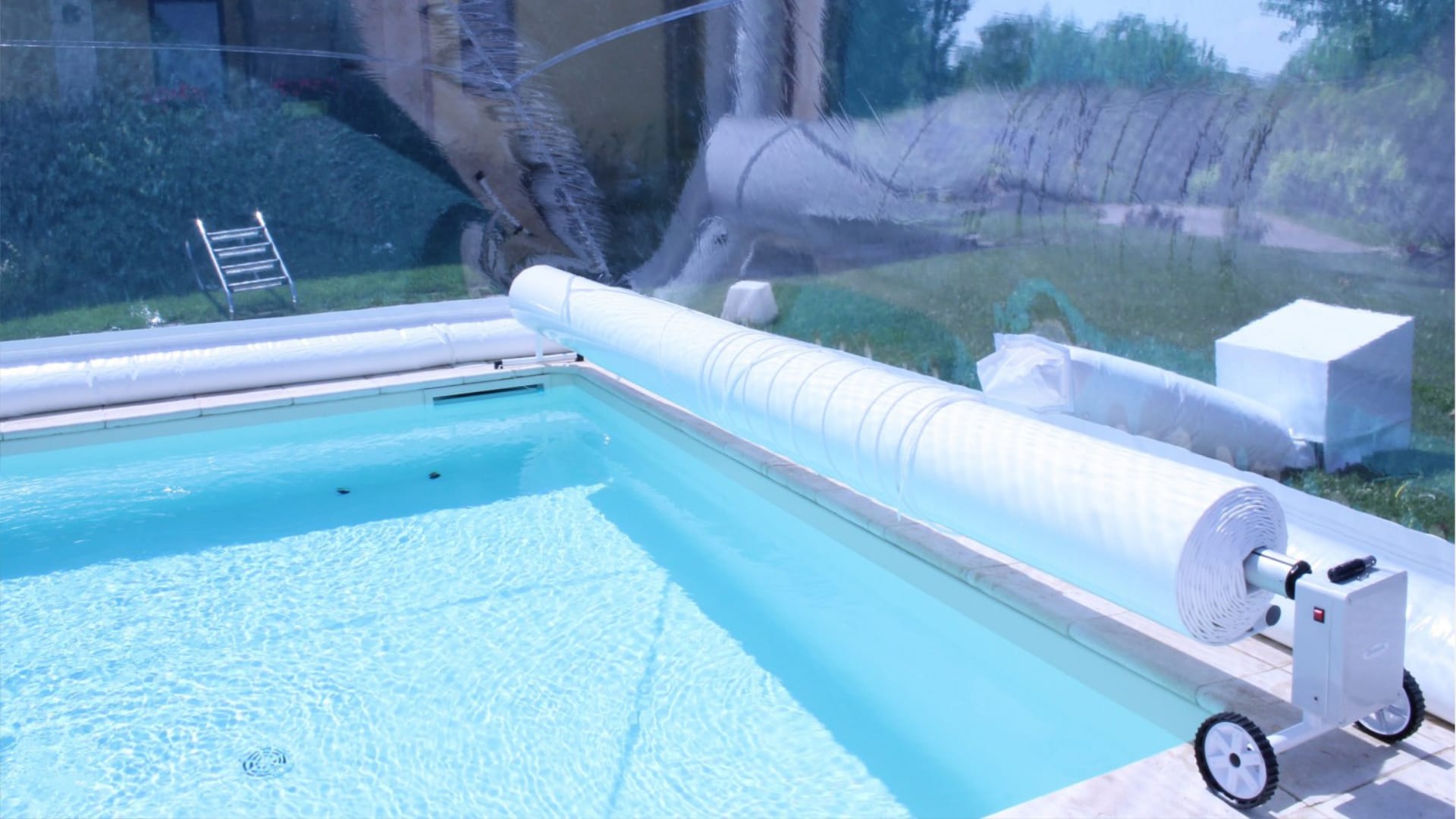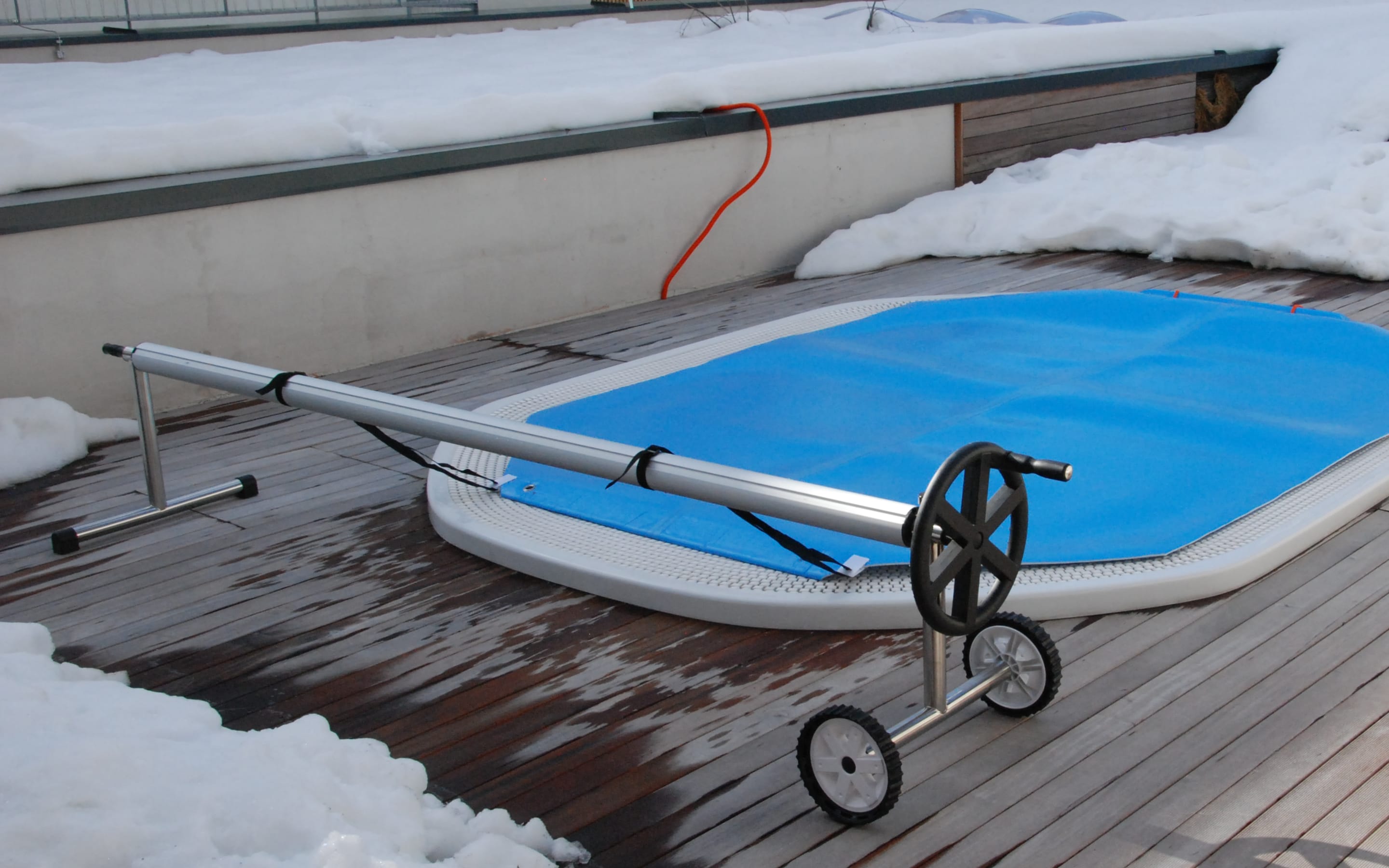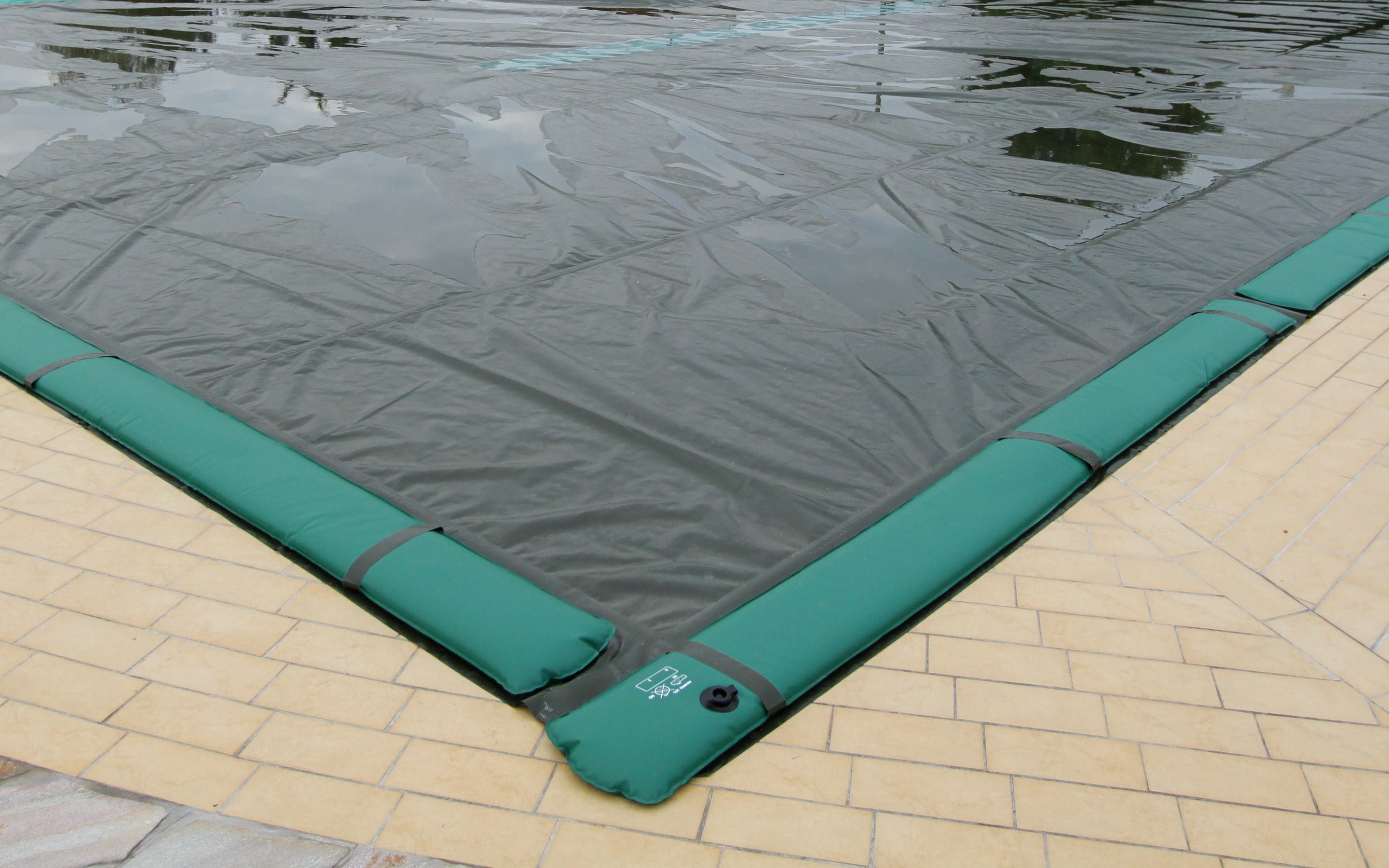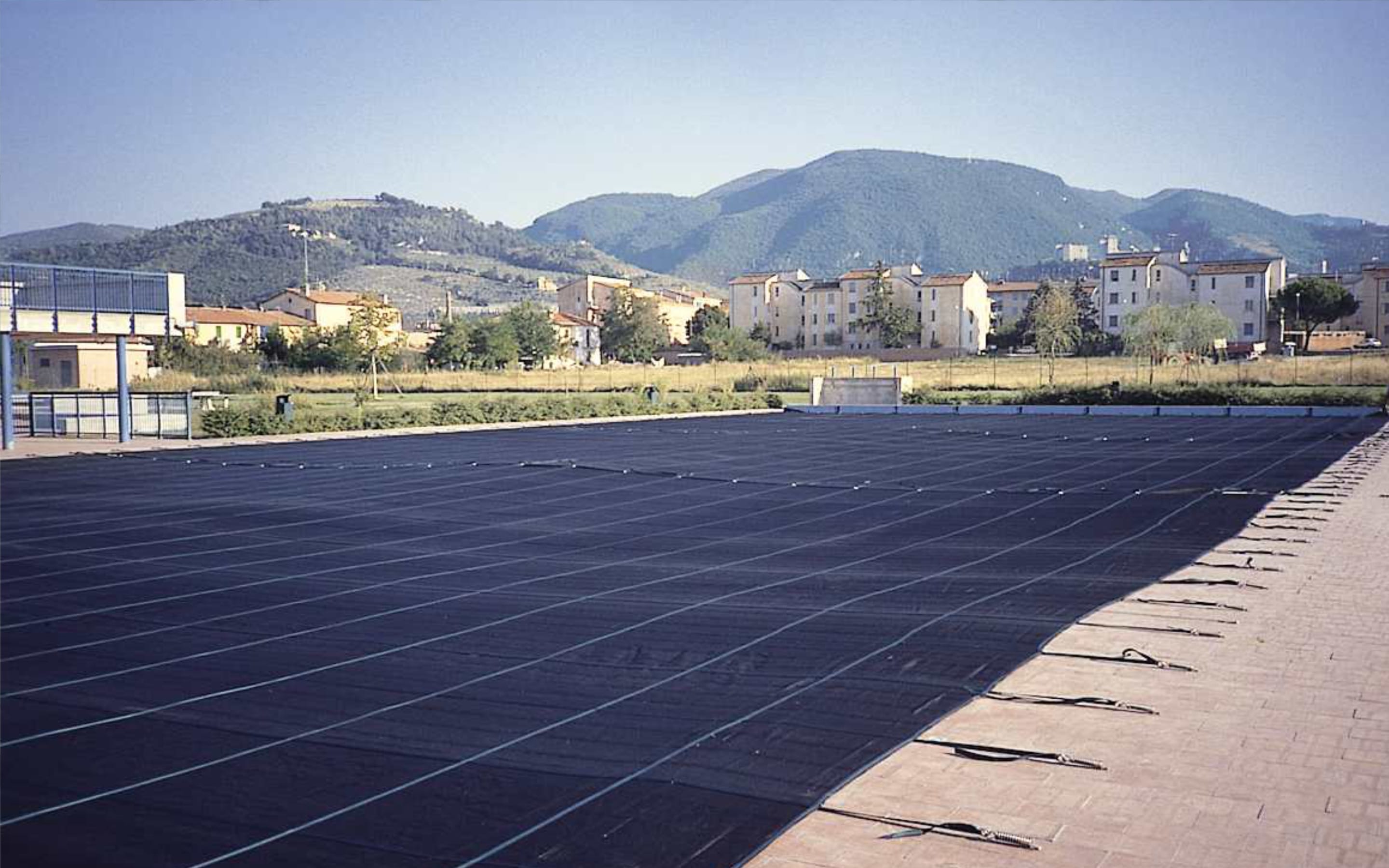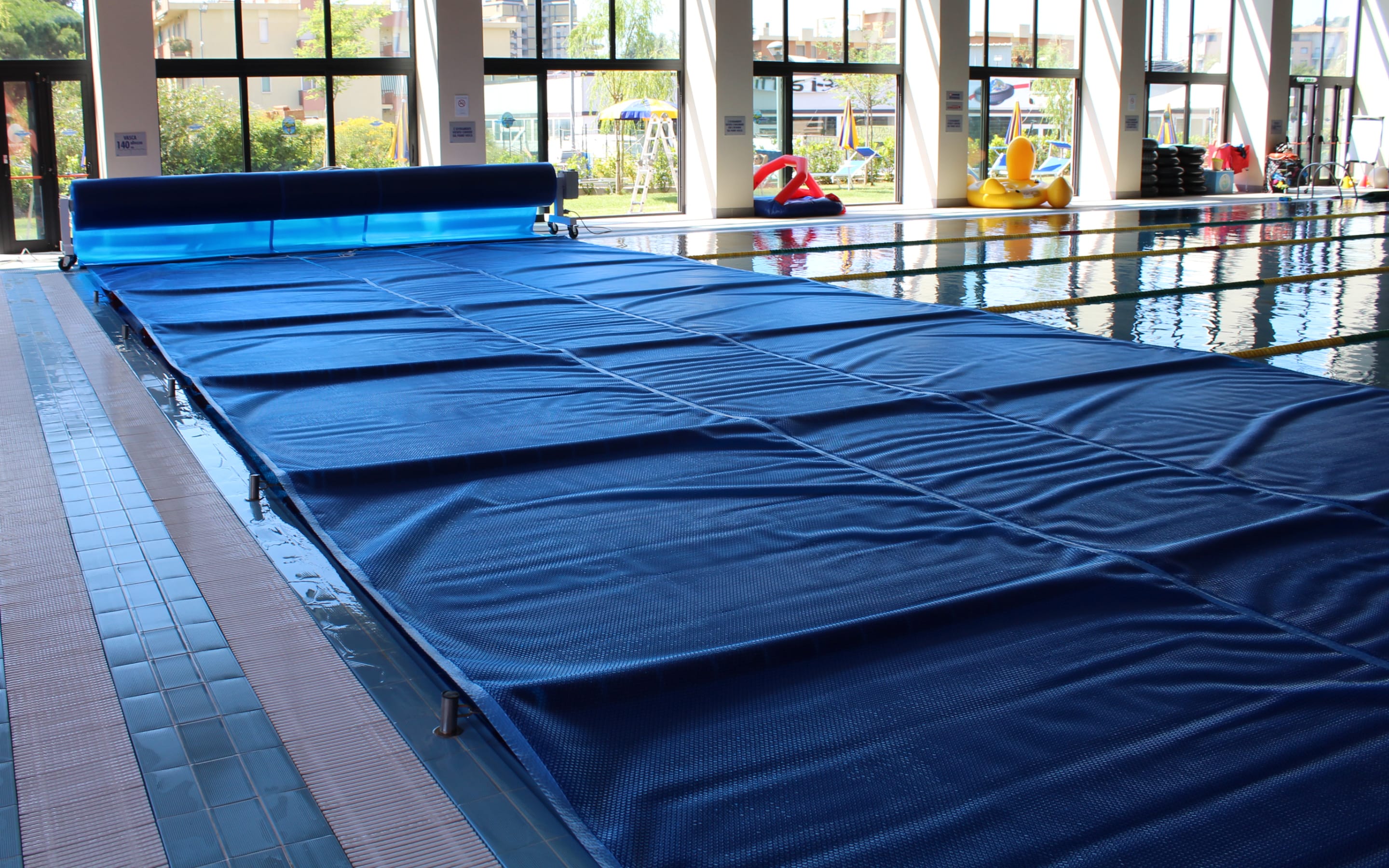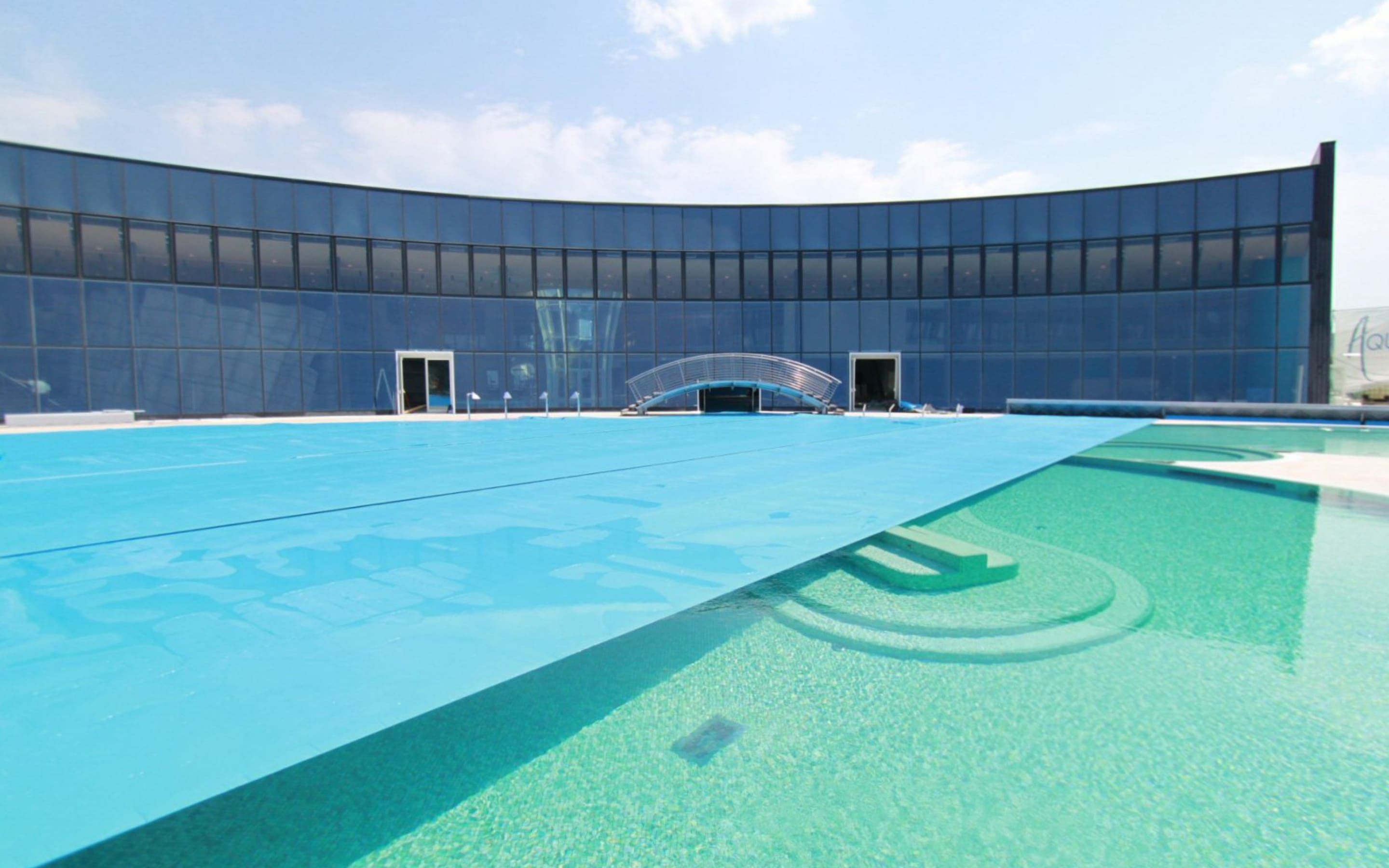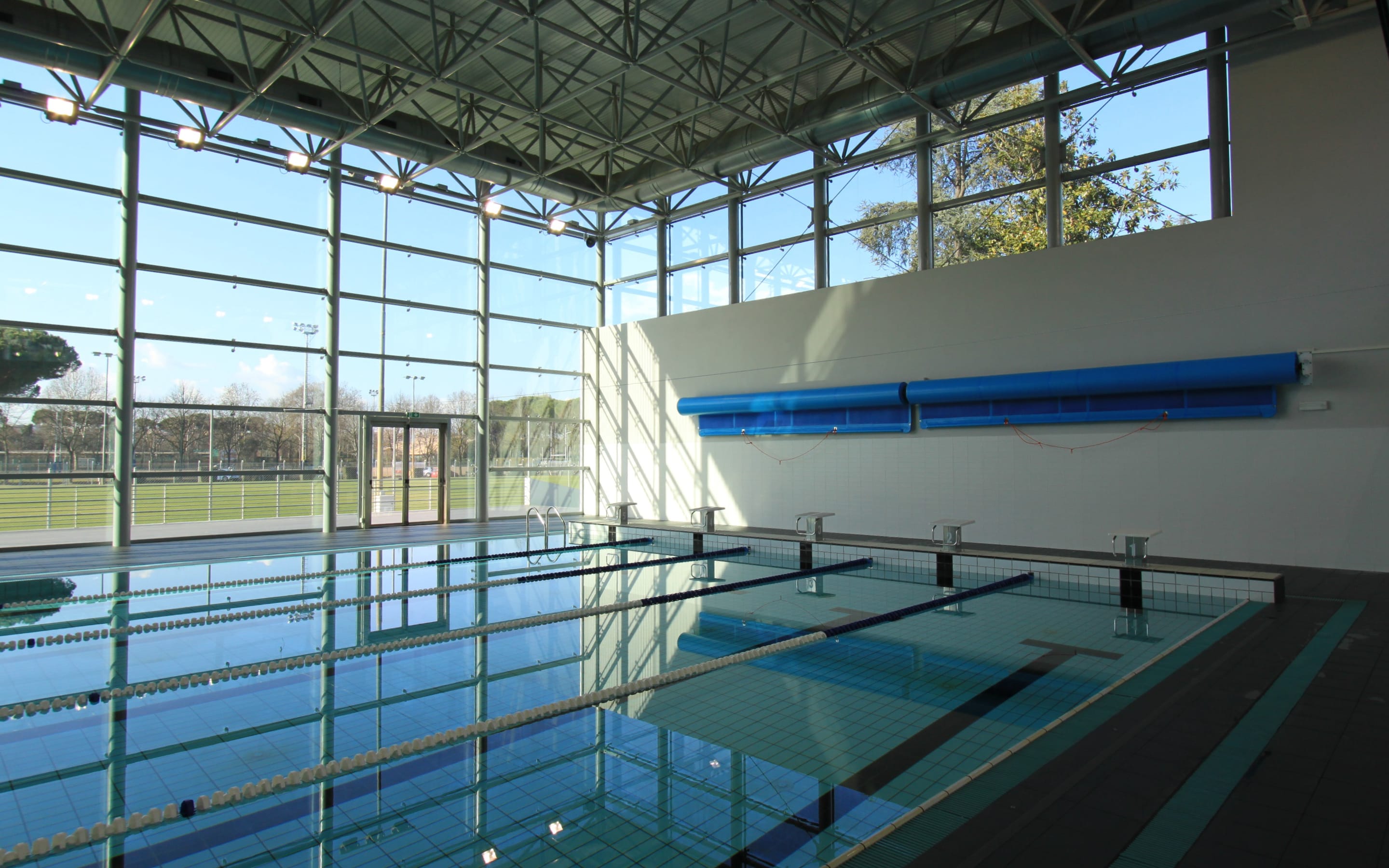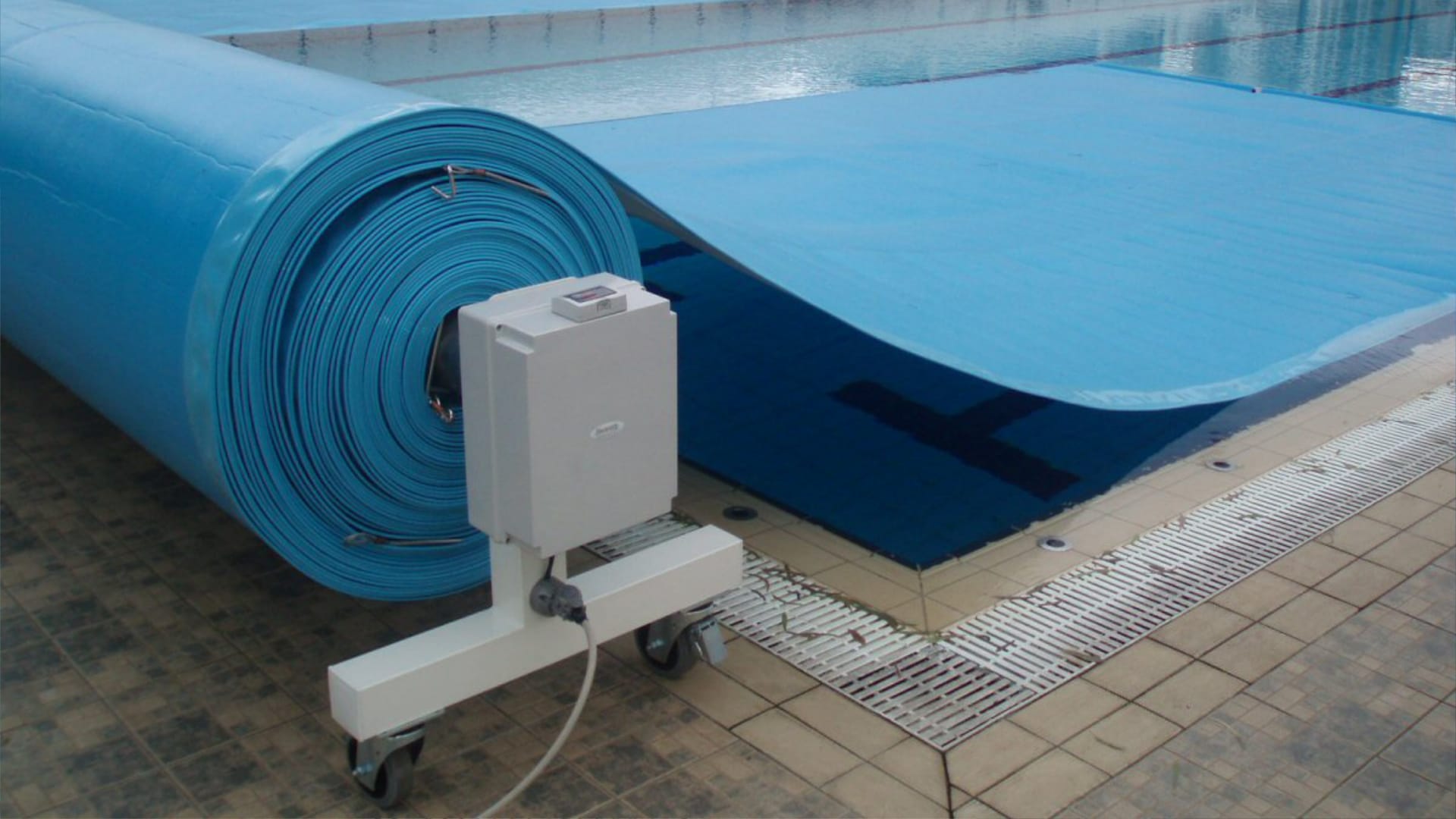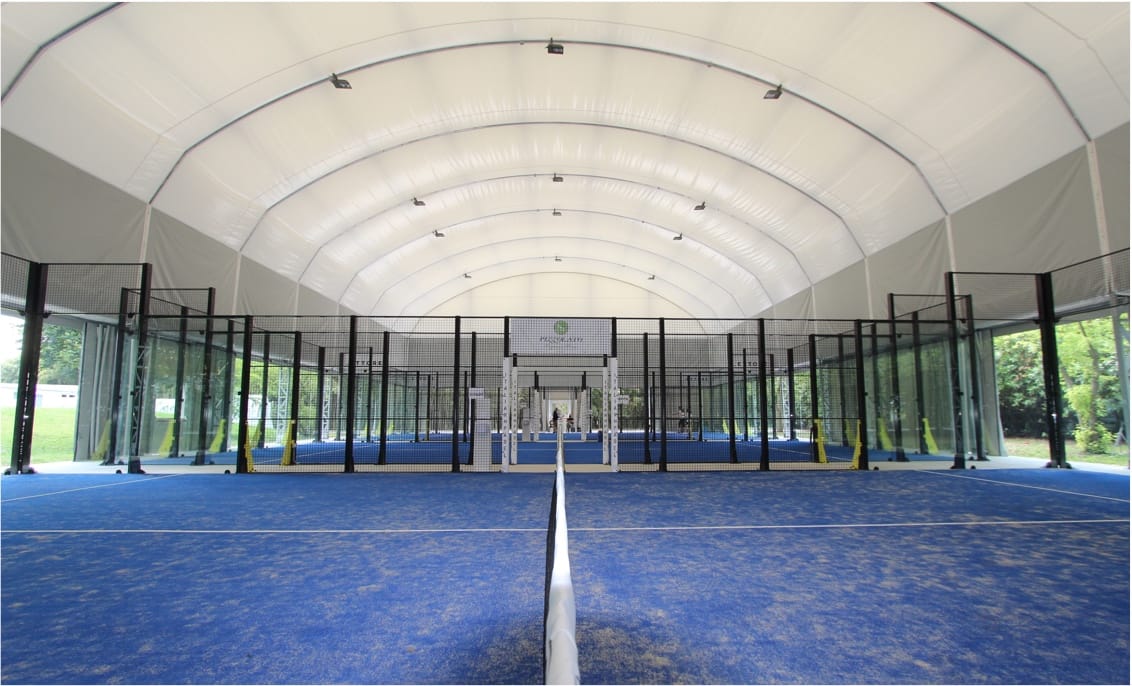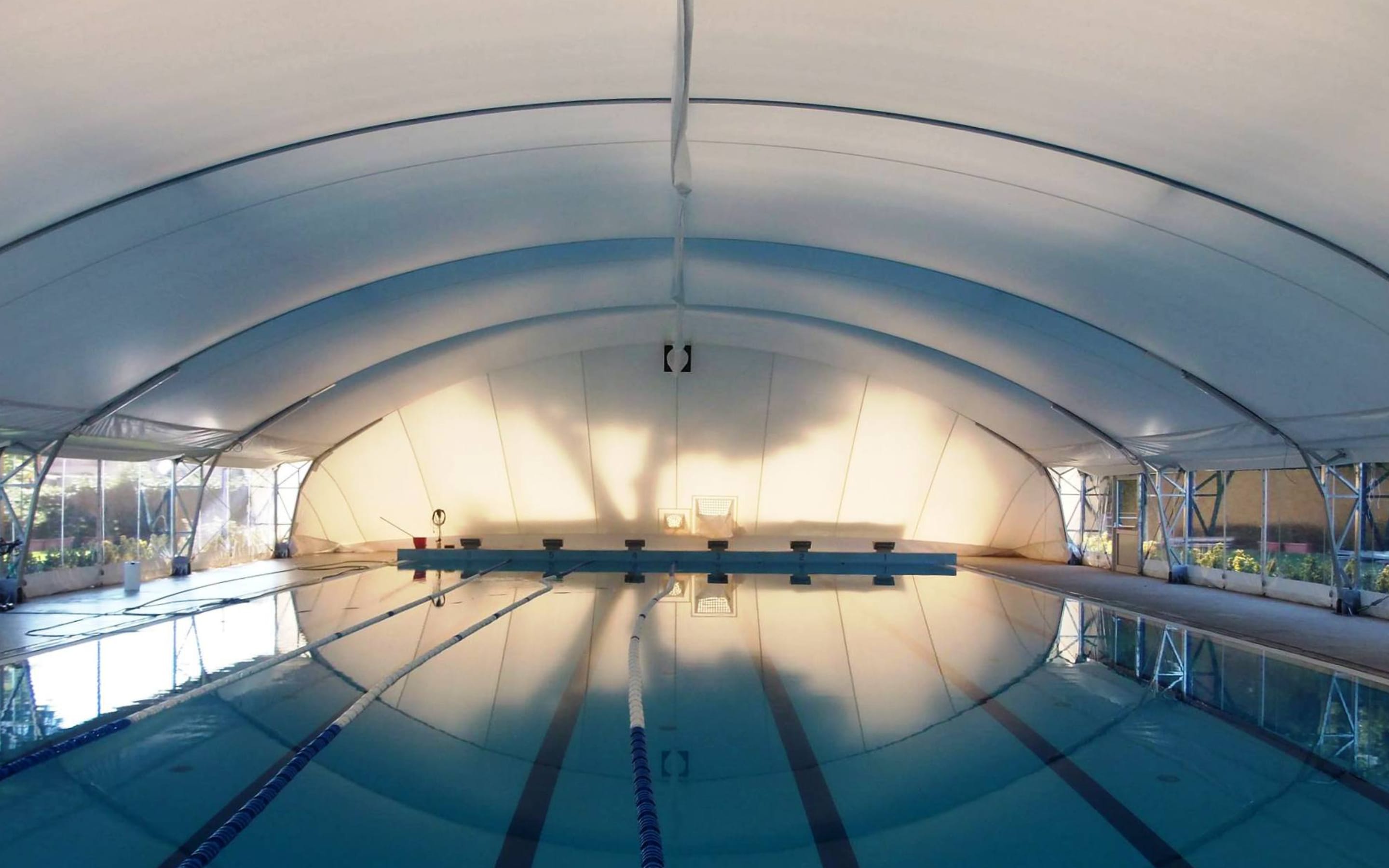New pool safety law: interview with Assopiscine

In recent months, swimming pool safety (both in private and public facilities) has become a widely discussed topic. The issue has returned to the spotlight following the presentation in the Italian Parliament of a bill dedicated to pool safety and health, a long-awaited regulation that aims to make mandatory many standards that were previously applied only on a voluntary basis.
To clarify impacts, timelines, and technical guidelines, we interviewed Ferruccio Alessandria, President of Assopiscine, the leading industry association that played a key role in shaping the proposed law.
Why is pool safety legislation important?
Pool safety concerns not only public facilities but also private and residential pools, where numerous incidents occur each year.
Ferruccio Alessandria shared some significant data:
“In Italy, about 400 people die from drowning every year. Over 10% of cases occur in swimming pools and, among these, nearly half involve children. Pools are not just places for relaxation or fun; they are real social spaces. Our commitment is to minimize every possible risk of accidents.”
To address this reality, Assopiscine launched awareness campaigns and engaged with institutions, with the goal of bringing the topic of pool safety to the forefront of public discussion.
This constant effort led the association to take part in the technical working group of the Ministry of Civil Protection, contributing its expertise to the drafting of the new law.
The French model as a reference
Among the most notable examples in Europe, France stands out as a concrete case of how safety regulations can produce measurable results. The French law, in force since 2003 and focused on private pools, has led to a 75% reduction in drownings over the following twenty years.
“The French law has been a reference point for us from the beginning,” explains Alessandria. “We provided the Ministries of Civil Protection and Health with all documentation on existing European regulations, including the full text of the French law, precisely so it could serve as a model.”
This foundation is what inspired Italy’s commitment to developing a similar regulation: a long-awaited turning point for the pool sector.
What will change with the new regulation?
The main change introduced by the bill concerns the binding nature of the rules—meaning they will become mandatory.
As Alessandria explains:
“In Italy, UNI standards and regional regulations governing pool safety have existed for years, but they have been applied unevenly. Some regions adopted them, others did not. The result has always been a fragmented and unclear regulatory framework.”
With the new law, UNI standards will become mandatory nationwide, for both public and private pools. These standards include child safety systems, rescue equipment, construction and maintenance requirements, and the obligation to ensure constant monitoring of water quality.
When will the new law come into effect?
As for the timeline, Alessandria explains that the parliamentary process is still underway but is moving forward with accelerated procedures:
“Technically, a bill can be approved within 12–18 months. In our case, however, the proposal has been submitted under an emergency procedure, meaning it is considered a priority by the institutions.”
Once approved, the law will require all new pools to be built in compliance with the updated safety standards, while existing facilities will have approximately three to four years to adapt, giving owners and operators time to make the necessary adjustments gradually.
Alessandria also highlights that a clear and shared regulatory framework will not slow down the market—on the contrary, it is expected to boost growth, as was the case in France following the 2003 regulation.
“A modern regulatory framework,” he explains, “makes the sector more solid and competitive, increasing consumer trust and supporting responsible businesses.”
Watch the full interview between Fabio Favaretti and Ferruccio Alessandria to discover all the details about the new safety law for private and public swimming pools.

